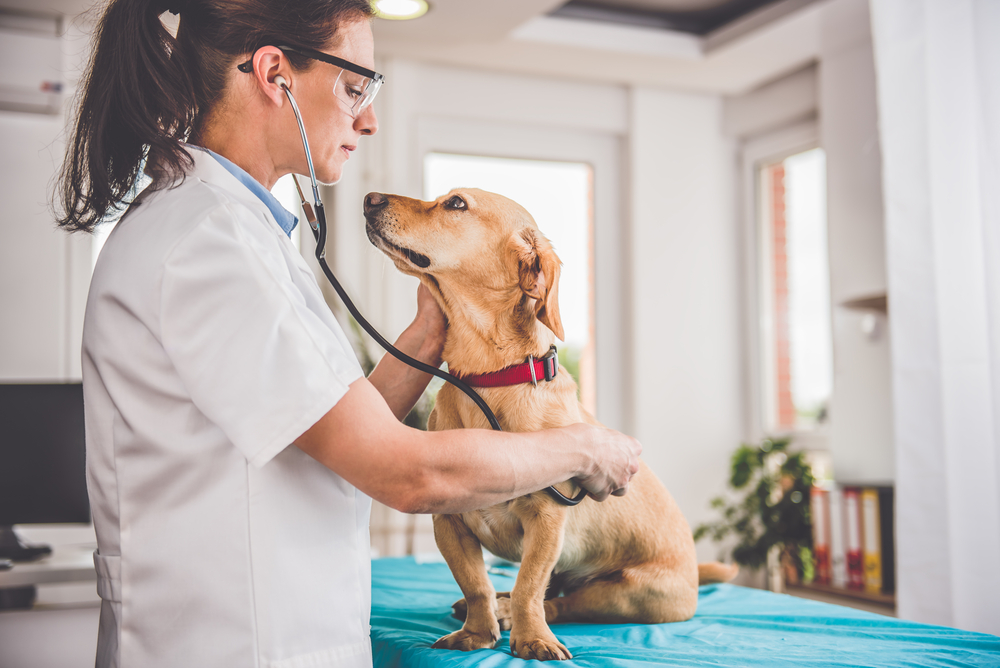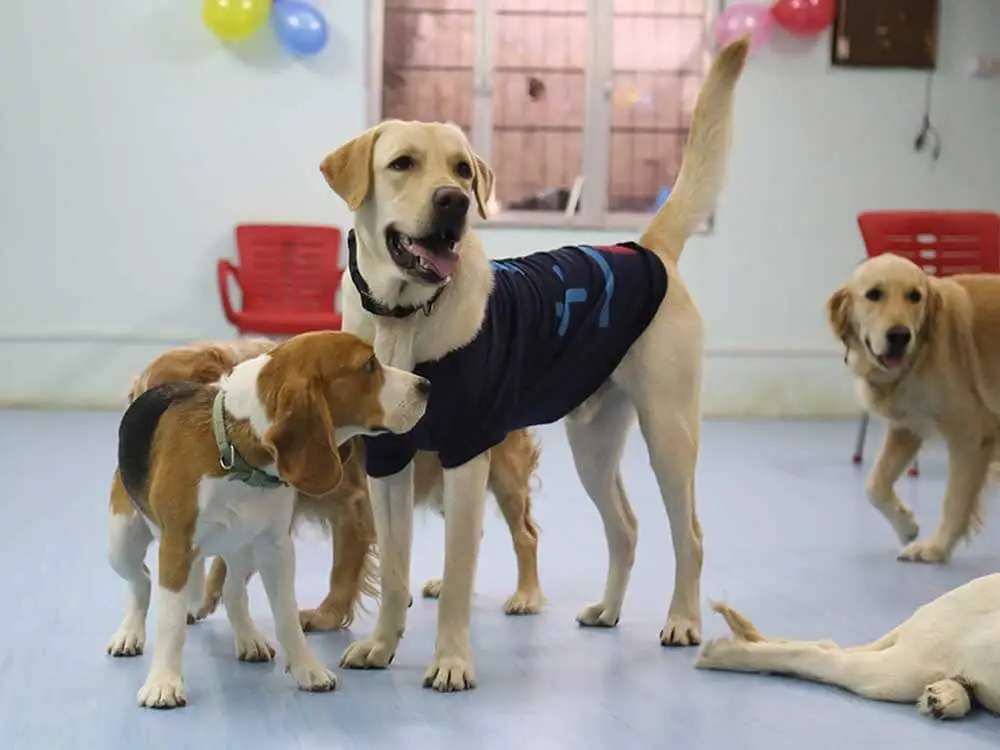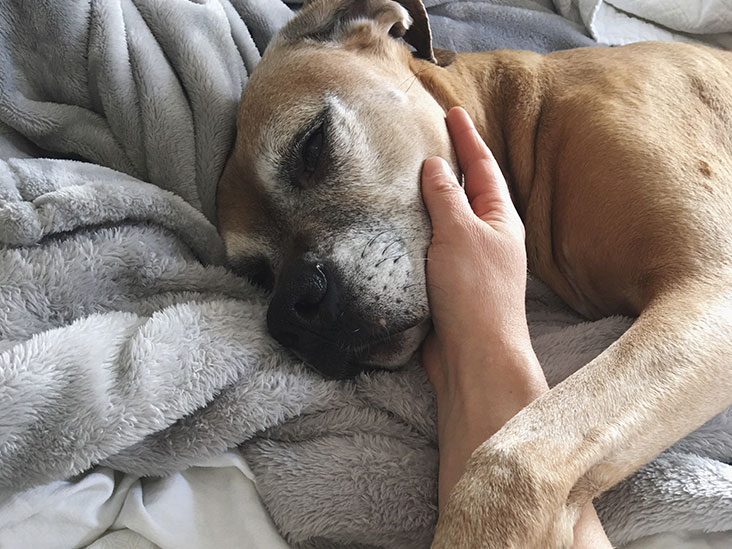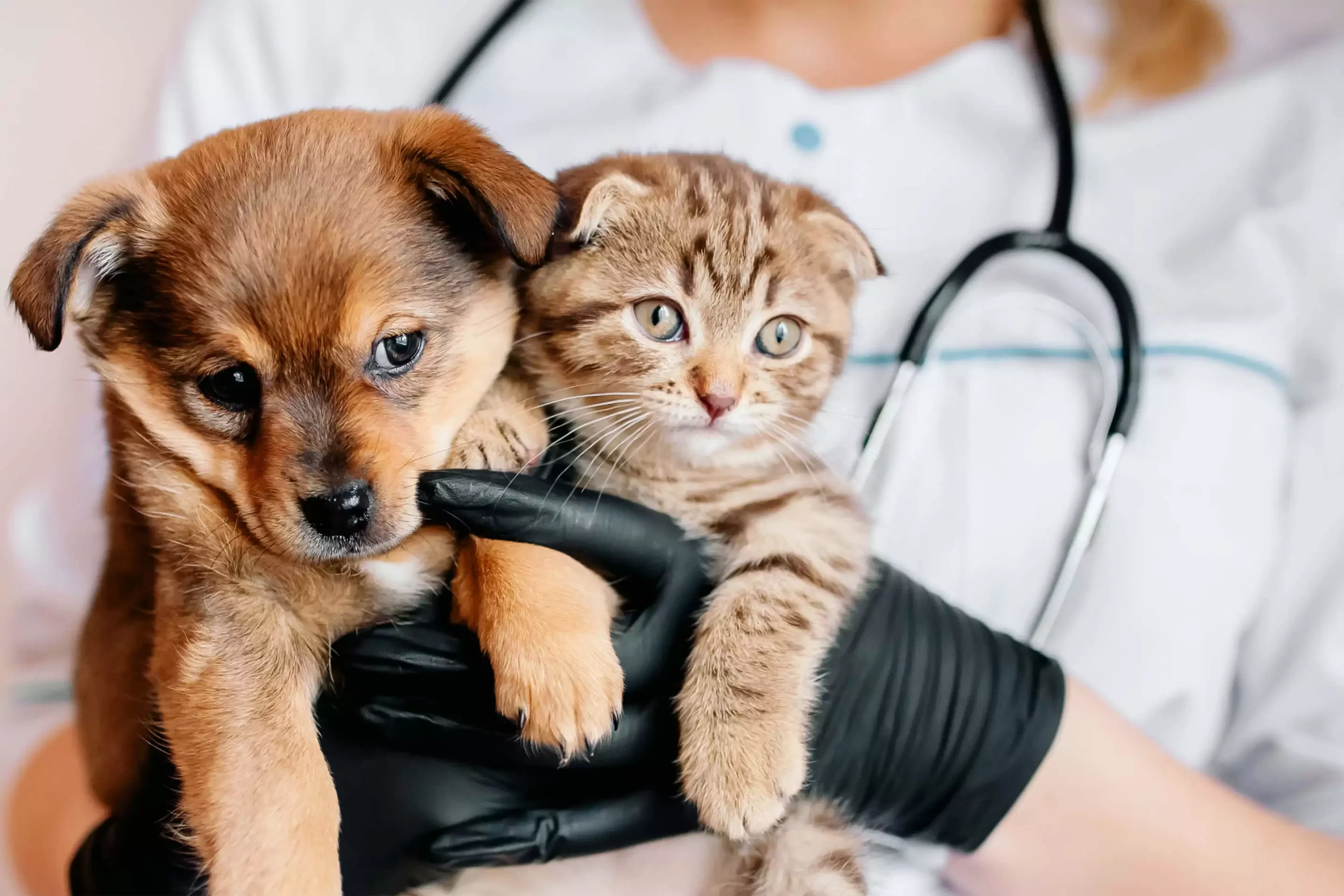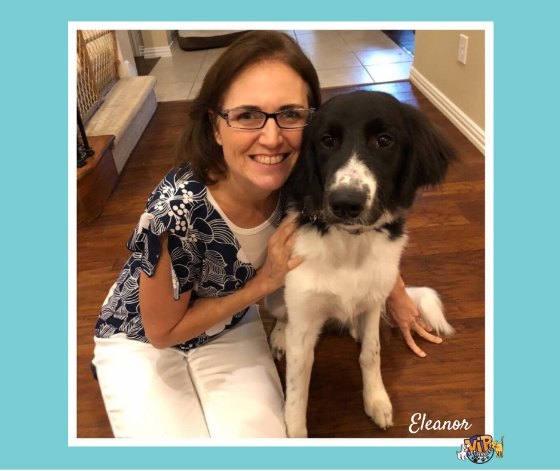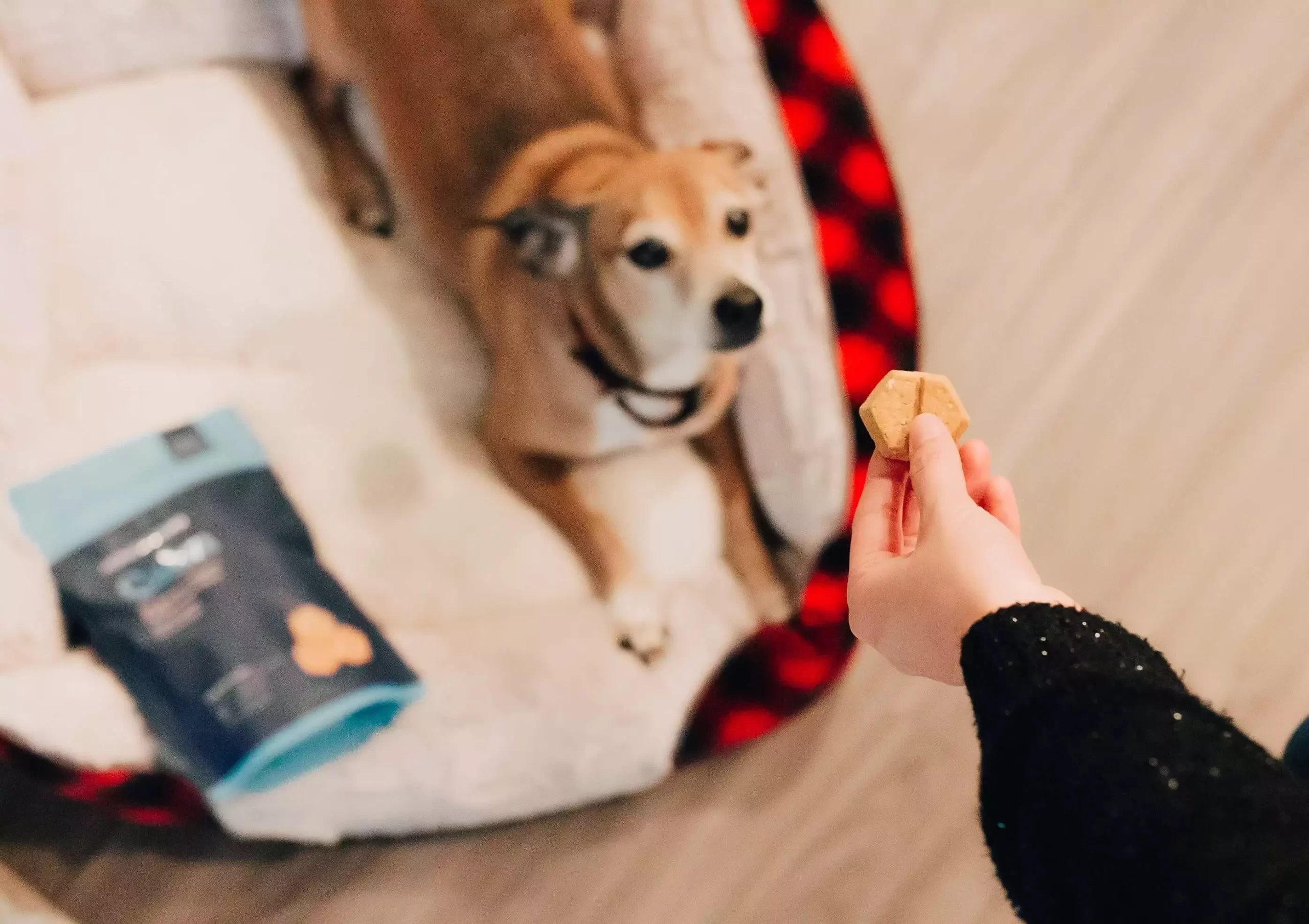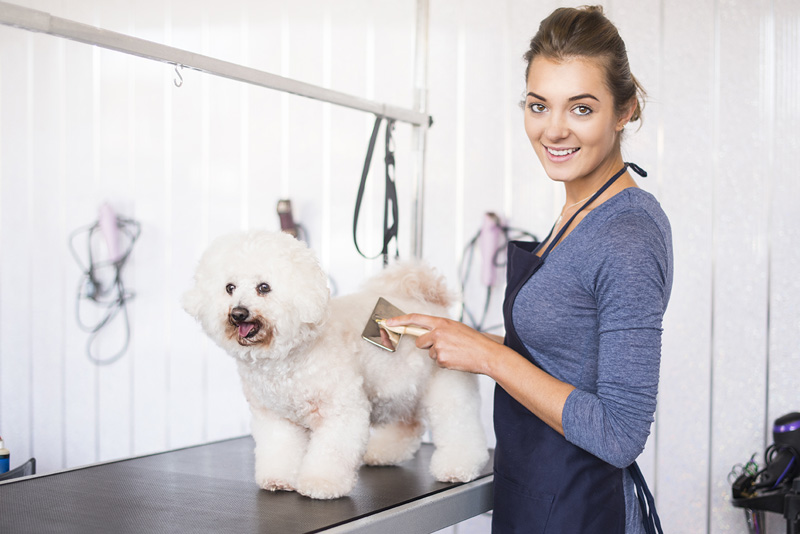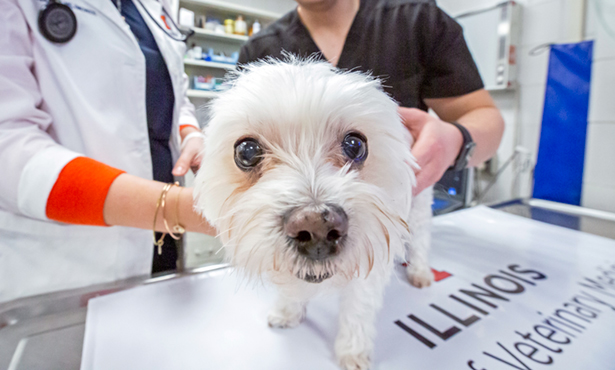As pet owners, we want nothing more than to keep our furry companions happy and healthy. However, accidents and illnesses do sometimes require surgical intervention. If you find yourself in this stressful situation, it’s important to understand what may lie ahead. Let’s break down what you can expect if your pet needs an operation.
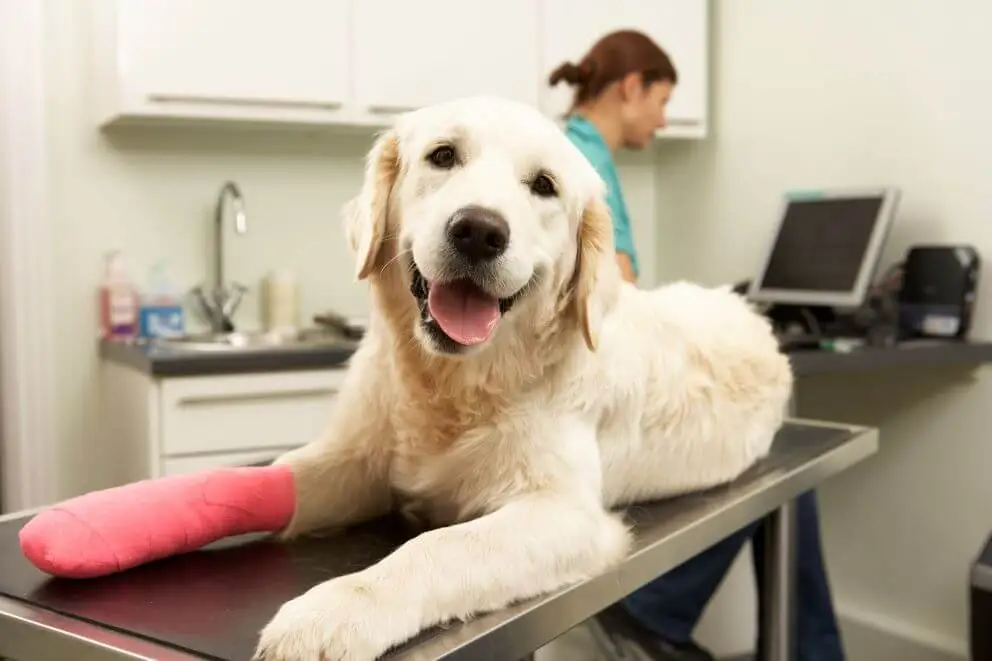
Content
COMMON SURGERIES FOR PETS
Before surgery, your vet will discuss whether it’s the best course of action based on your pet’s diagnosis. Some common surgeries for pets include:
- Spaying/neutering: Routine procedures to prevent unwanted litters and certain health issues.
- Tumor/mass removal: Often done to diagnose cancer or prevent further growth.
- Orthopedic procedures: Things like ACL repair for torn ligaments or hip replacement for arthritis.
- Dental work: Extractions, cleanings, and root canals when teeth are damaged or infected.
Pre-Surgery Considerations
Your vet will want to perform pre-op bloodwork and exams to ensure your pet is healthy enough for anesthesia. You’ll also need to stop food/water intake the night before. Discuss pain management options too in case your pet needs post-op relief.
The Big Day Arrives
On surgery day, drop your pet off and try not to worry – the vet team will take great care of them. Procedures usually take 1-3 hours, depending on complexity. You’ll receive updates and can pick up your pet later once they’ve recovered.
PET NUTRITION MYTHS
Post-op care is crucial, so be prepared. Stick to a bland diet at first, like boiled chicken and rice, to ease your pet’s stomach as anesthesia can cause nausea. Some pet nutrition myths claim fatty or spicy foods aid healing, but your vet will advise the best nutrition plan. Follow all medication instructions too.
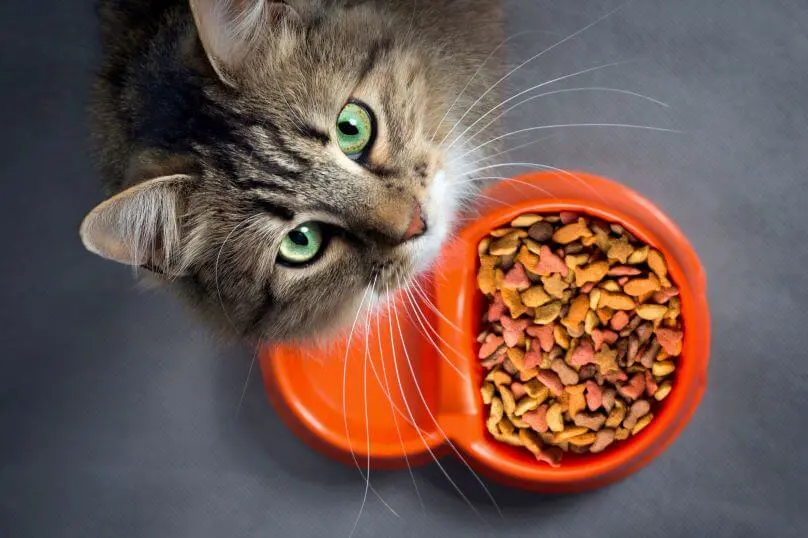
Monitor for Complications
Keep an eye out for symptoms like lethargy, lack of appetite, vomiting, diarrhea or bleeding at the incision site, which could indicate an infection or other issue. Contact your vet immediately with any concerns. Most pets bounce back quickly with R&R at home.
With the right preparation and care, surgery need not be overly stressful for you or your furry family member. Trust your vet’s guidance every step of the way for the best possible outcome. Your pet’s health and happiness are the top priorities.

Ruth is all about pet style. She’ll help you and your furry friend turn heads with the latest trends in pet fashion.
